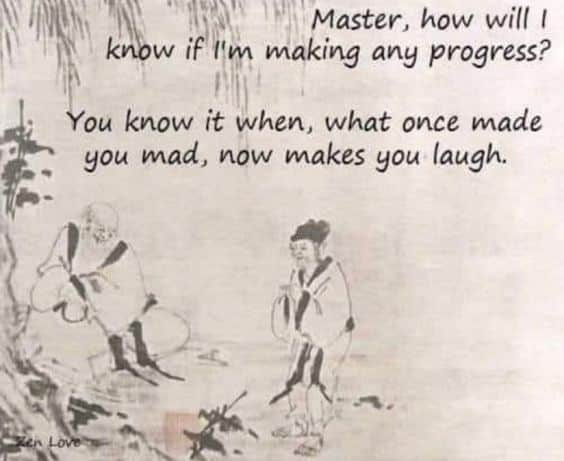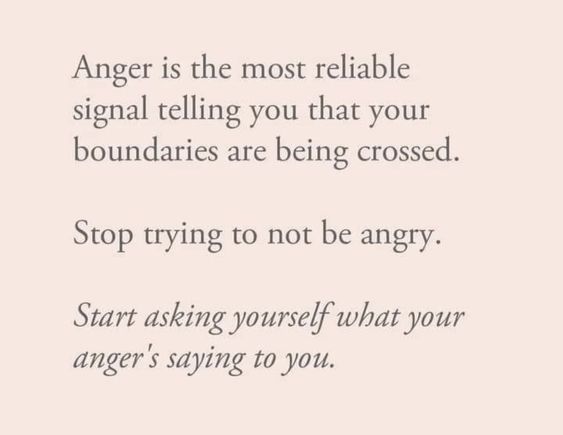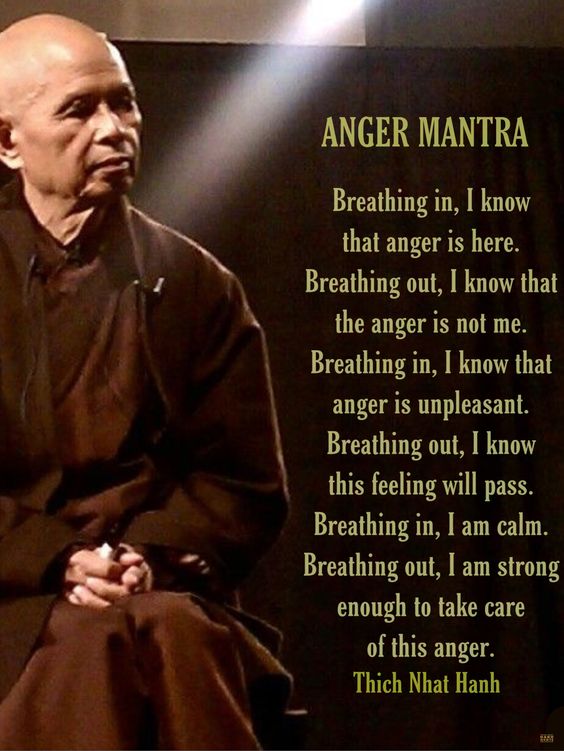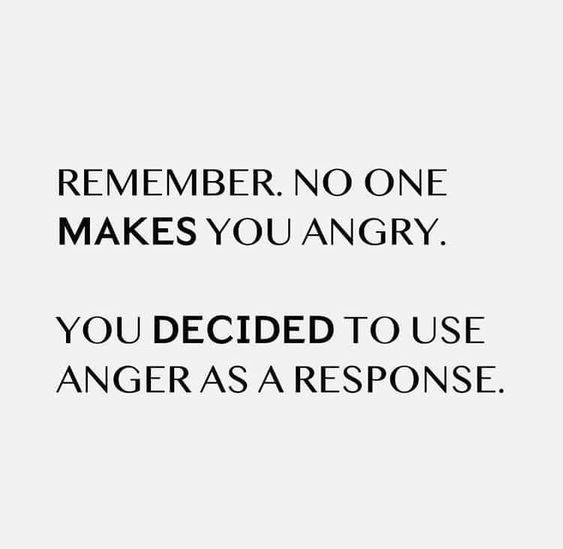“I asked you if I could take some books from the house to have in my dorm room. You reached up, pulled on my neck, and kissed me on the top of the head. I pulled away. ‘Maybe the books will protect you,’ you said. ‘Take all the books you need. And don’t fight when you’re angry. Think when you’re angry. Write when you’re angry. Read when you’re angry. Don’t let those people shoot you out of the sky while I’m gone.’ I rolled my eyes and sucked hard on my teeth as you walked to the end of the line. ‘Don’t be good,’ you said across the space between us. ‘Be perfect. Be fantastic.'”
Kiese Laymon, Heavy (Page 119)
“There is nothing manly in being angry, but a gentle calm is both more human and therefore more virile. It is the gentle who have strength, sinew, and courage—not the indignant and complaining. The closer to control of emotion, the closer to power. Anger is as much a sign of weakness as is pain.”
Marcus Aurelius, Meditations (Page 111)
“It is healthy to be angry, and anger can also show us important aspects of who we are and what we care about. For example, anger shows us where our boundaries are. Anger also helps us identify what we find to be unjust.”
Brianna Wiest, The Mountain Is You (Page 73)
“You are angry. Let the feeling settle from within, and think about it. Was it triggered by something seemingly trivial or petty? That is a sure sign that something or someone else is behind it. Perhaps a more uncomfortable emotion is at the source—such as envy or paranoia. You need to look at this square in the eye. Dig below any trigger points to see where they started.”
Robert Greene, The Daily Laws (Page 374)
“If you come across any special trait of meanness or stupidity… you must be careful not to let it annoy or distress you, but to look upon it merely as an addition to your knowledge—a new fact to be considered in studying the character of humanity. Your attitude towards it will be that of the mineralogist who stumbles upon a very characteristic specimen of a mineral.”
Arthur Schopenhauer, via The Daily Laws (Page 368)
“Petulance is not power, it is a sign of helplessness. People may temporarily be cowed by your tantrums, but in the end they lose respect for you. They also realize they can easily undermine a person with so little self-control.”
Robert Greene, The Daily Laws (Page 130)
“Your enemy will pay you back with rage, will make you suffer, but the biggest damage to you will be caused by the rage and hatred existing in your heart. Neither your father, nor your mother, nor all your family can make you more good than your heart can when it forgives and forgets its abuse.”
Dhammapada, via A Calendar of Wisdom (Page 35)
“If you don’t wish to be a hot-head, don’t feed your habit. Try as a first step to remain calm and count the days you haven’t been angry. I used to be angry every day, now every other day, then every third or fourth… if you make it as far as 30 days, thank God! For habit is first weakened and then obliterated. When you can say ‘I didn’t lose my temper today, or the next day, or for three or four months, but kept my cool under provocation,’ you will know you are in better health.”
Epictetus, Discourses, via The Daily Stoic (Page 150)
“If someone sends you an angry email but you never see it, did it actually happen? In other words, these situations require our participation, context, and categorization in order to be ‘bad.’ Our reaction is what actually decides whether harm has occurred. If we feel that we’ve been wronged and get angry, of course that’s how it will seem. If we raise our voice because we feel we’re being confronted, naturally a confrontation will ensue. But if we retain control of ourselves, we decide whether to label something good or bad.”
Ryan Holiday, The Daily Stoic (Page 64)
“If someone asks you how to write your name, would you bark out each letter? And if they get angry, would you then return the anger? Wouldn’t you rather gently spell out each letter for them? So then, remember in life that your duties are the sum of individual acts. Pay attention to each of these as you do your duty… just methodically complete your task.”
Marcus Aurelius, Meditations, via The Daily Stoic (Page 56)
“Many successful people will try to tell you that anger is a powerful fuel in their lives. the desire to ‘prove them all wrong’ or ‘shove it in their faces’ has made many a millionaire. the anger at being called fat or stupid has created fine physical specimens and brilliant minds. The anger at being rejected has motivated many to carve their own path. But that’s shortsighted. Such stories ignore the pollution produced as a side effect and the wear and tear it put on the engine. It ignores what happens when that initial anger runs out—and how now more and more must be generated to keep the machine going (until, eventually, the only source left is anger at oneself).”
Ryan Holiday, The Daily Stoic (Page 50)
“Why do athletes talk trash to each other? Why do they deliberately say offensive and nasty things to their competitors when the refs aren’t looking? To provoke a reaction. Distracting and angering opponents is an easy way to knock them off their game. Try to remember that when you find yourself getting mad. Anger is not impressive or tough—it’s a mistake. It’s weakness.”
Ryan Holiday, The Daily Stoic (Page 41)
“Keep this thought handy when you feel a fit of rage coming on—it isn’t manly to be enraged. Rather, gentleness and civility are more human, and therefore manlier. A real man doesn’t give way to anger and discontent, and such a person has strength, courage, and endurance—unlike the angry and complaining. The nearer a man comes to a calm mind, the closer he is to strength.”
Marcus Aurelius, Meditations, via The Daily Stoic (Page 41)





